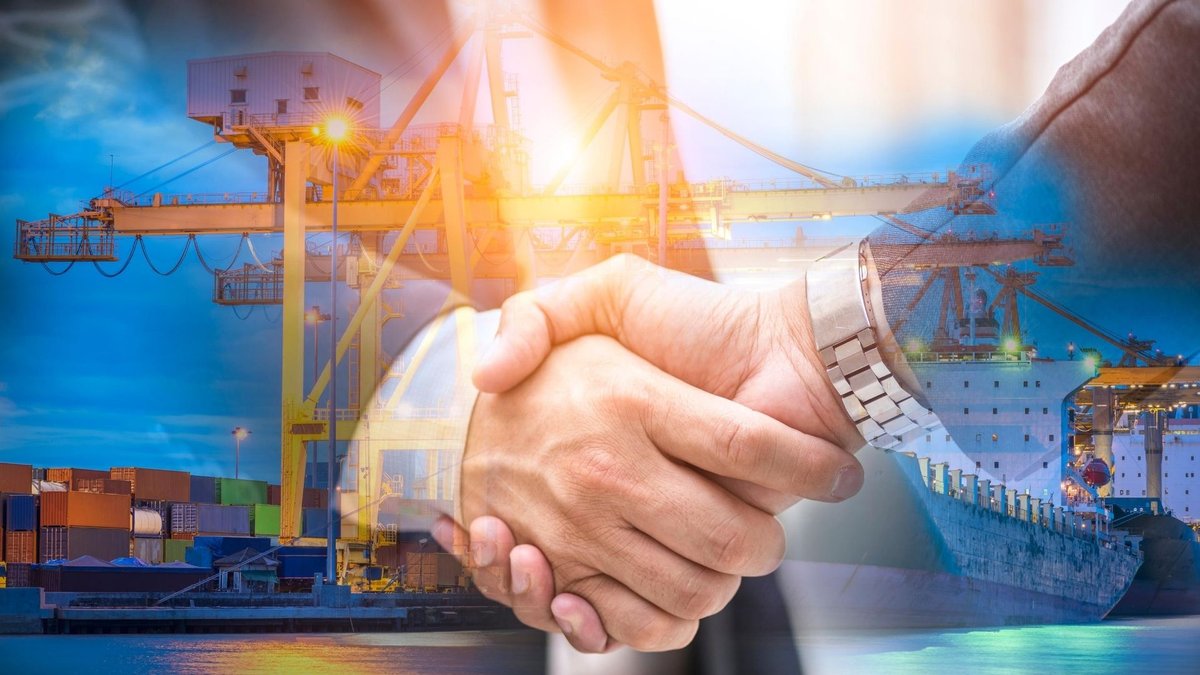International Trade: Supply Chain Resilience in Europe
Published by linker 5
Posted on August 18, 2020
4 min readLast updated: January 21, 2026

Published by linker 5
Posted on August 18, 2020
4 min readLast updated: January 21, 2026

By James Crayton, Head of Commercial at leading law firm Walker Morris, discusses the importance of supply chain resilience in futureproofing a business.
As businesses across the world continue to face the extraordinary challenges brought about by COVID-19 and the global economy moves into recession, the sudden shock to supply chains has forced businesses in Europe to consider how they can adapt their supply chains to ensure they can endure future disruption.
As well as presenting unique challenges of its own, the pandemic has accelerated existing concerns relating to the supply chain following political events such as Brexit in recent years. When it comes to the supply chain and international trade, there are two primary concerns for businesses in Europe right now: COVID-19 and protectionism.
COVID-19
Europe is heavily dependent on international supply networks in many industries, from pharmaceuticals to automotive and electronics, and the COVID-19 pandemic has presented an enormous threat to extended supply chains and impacted heavily on international trade; forcing businesses across all sectors to look at their supply chains in a way that they have not done in a long time. The pandemic has led to colossal supply chain interruption – especially to hygiene and medical supplies such as PPE, ventilators and hand sanitiser – and the double blow of hugely increased demand and thin stockholding is not something that will be forgotten in a hurry.
The orthodoxy of supply chains has been challenged by the pandemic. Prior to COVID-19, many businesses across Europe had an ‘out of sight, out of mind’ approach to their supply chains and those businesses have really been hit by the pandemic. As well as having an immediate impact, COVID-19 has resulted in businesses taking a more holistic and long-term approach when considering what is important in the supply chain. Following COVID-19, the most important consideration for business is ensuring their supply chain is robust and resilient. The previous focus on “just in time” is giving way to more focus on “just in case”.
Right now, businesses across the globe need to take a hard look at the way they conduct their supply chains and ask themselves:
Protectionism

James Crayton
Just a few years ago, protectionism may not have been a cause for concern for extended supply chains and international trade, however, in the last couple of years following the Brexit referendum, it appears to be more of a worry for European businesses especially, and it could become a genuine threat to supply. We are already seeing a much greater focus on contractualising supply chains, with more sanctions and tariffs in place and, although Brexit is a big part of that, it’s not the only factor leading to businesses being more critical of supply operations.
While the populist political climate continues, protectionism in a trade sense is likely to continue too. Businesses must adapt their contractual and relationship structures within supply chains to manage existing or potential future protectionist measures. Using Brexit as an example, there’s also the impact on the countries businesses are trading with; some businesses will have acknowledged that those barriers are there to stay and will have already adjusted their supply chain accordingly, looking towards using UK and other non-EU suppliers rather than continuing to use European ones.
Supply chain resilience is a fundamental consideration for businesses in the current climate. Increasing supply chain resilience does potentially come with increased cost and so suppliers and purchasers will need to decide who bears this and whether it is viable to pass it through to consumers. One way to reduce international risk is to diversify and bring supply chains closer to home, although businesses need to acknowledge that as well as being more costly, it will be more complicated to manage.
One benefit that has arisen from the world being sent into lockdown is the positive impact slower living has had on the environment, and – as we approach the other side of this –businesses need to be aware consumers may place even more importance on sustainability than they did prior to the pandemic.
While the global economy is somewhat on hold, businesses must face the challenge of thinking more holistically about their supply chains and make these crucial adaptions while they can. Though challenging, businesses must consider bringing their supply chains closer to home to protect themselves from the threats presented by protectionism and by COVID-19, while futureproofing their supply chains against future interruptions and becoming more sustainable and resilient.
Explore more articles in the Business category











